
Thomas Murphy is a senior resident fellow, ULI/Klingbeil Family Chair for urban development, Urban Land Institute. Since January 2006, Murphy had served as ULI’s Gulf Coast liaison, helping to coordinate with the leadership of New Orleans and the public to advance the implementation of rebuilding recommendations made by ULI’s advisory services panel last fall. Prior to his service as the ULI Gulf Coast liaison, Murphy served three terms as the mayor of Pittsburgh, from January 1994 through December 2005. From 1979 through 1993, Murphy served eight terms in the Pennsylvania State General Assembly House of Representatives. He is an honorary member of the American Society of Landscape Architects; a board member of the Pennsylvania League of Cities and Municipalities; and a board member of the National Rails to Trails Conservancy.
View this complete post...
Tags: American Society of Landscape Architects, ASLA, Gulf Coast, House of Representatives, Mayor, National Rails to Trails Conservancy, PA, Pennsylvania, Pennsylvania League of Cities and Municipalities, Pittsburgh, Thomas Murphy, ULI, Urban land Institute
Posted in
Aging Infrastructure, Congestion, Employment, Funding, Guests on The Infra Blog, Highway, Jobs, Land Use, Levees, National, Policy, Public Parks & Recreation, Recession, Recovery, Roads, Smart Growth, Sustainability, Tax, The Infra Blog, Transit, Urban Planning
Comments Off on Guest on The Infra Blog: Thomas Murphy, Senior Resident Fellow, ULI/Klingbeil Family Chair for Urban Development, Urban Land Institute, and former Mayor of Pittsburgh
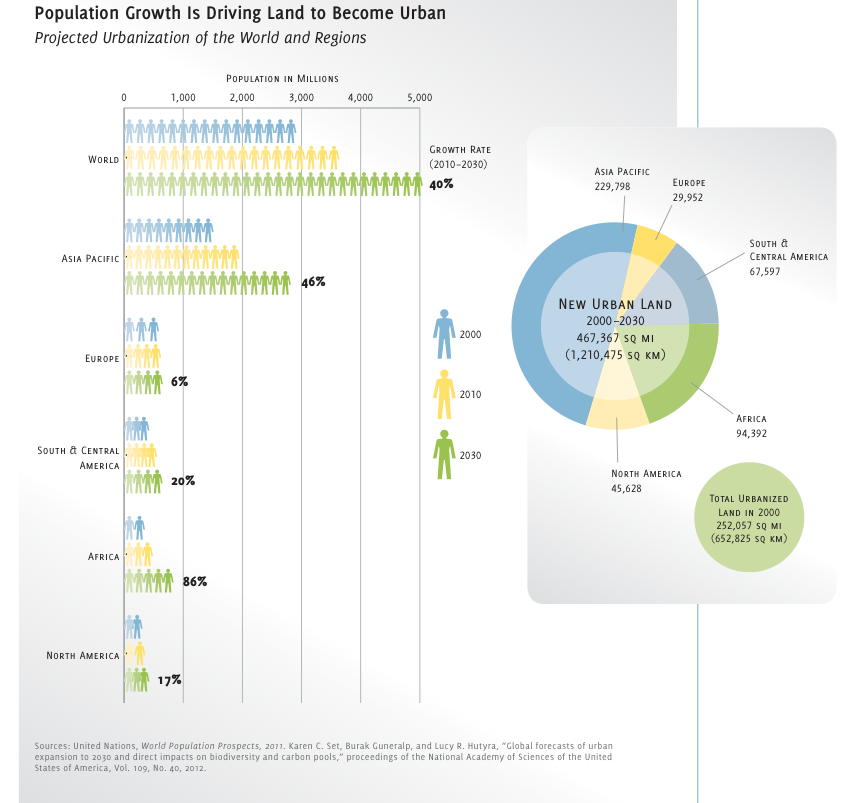












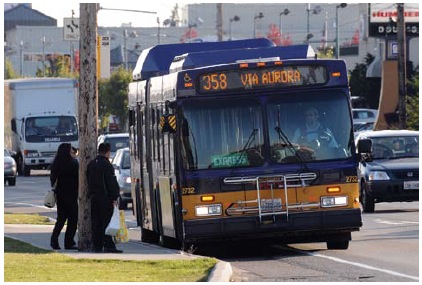
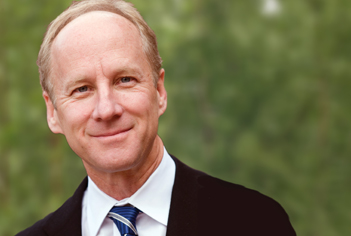
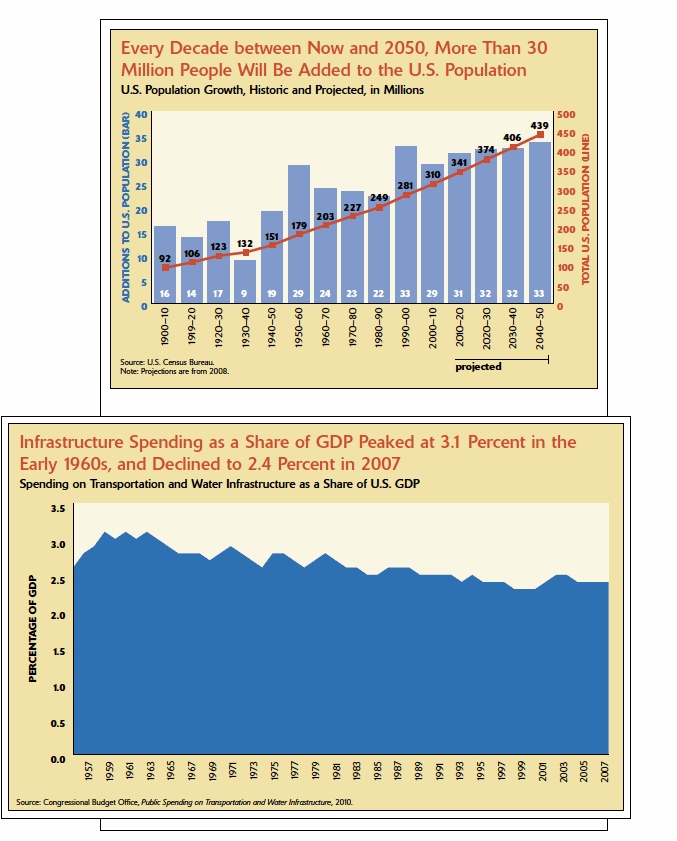
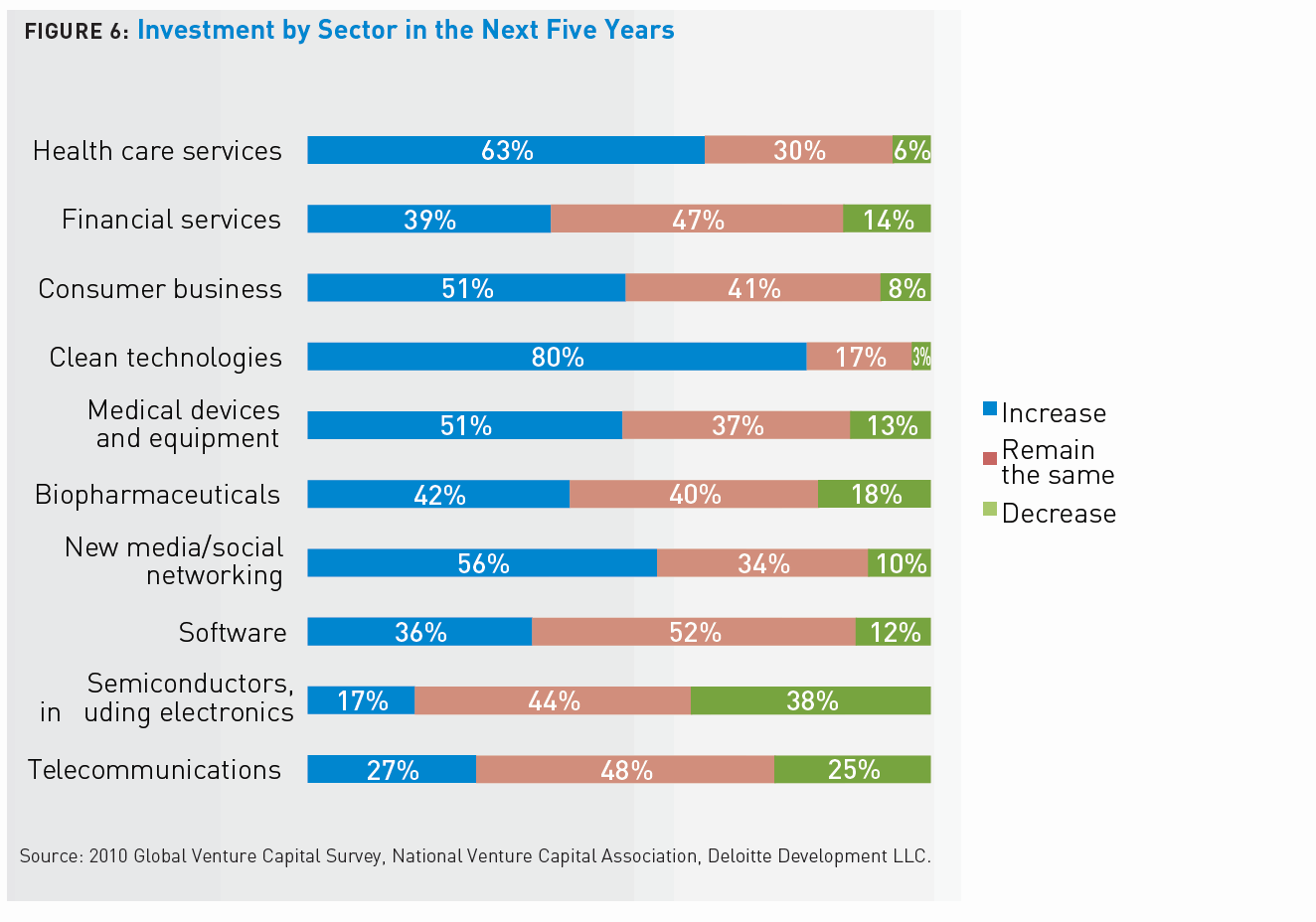
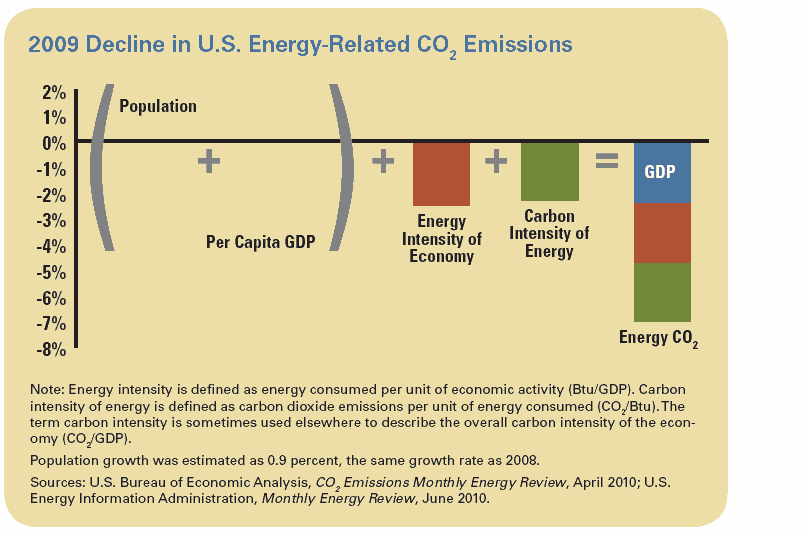
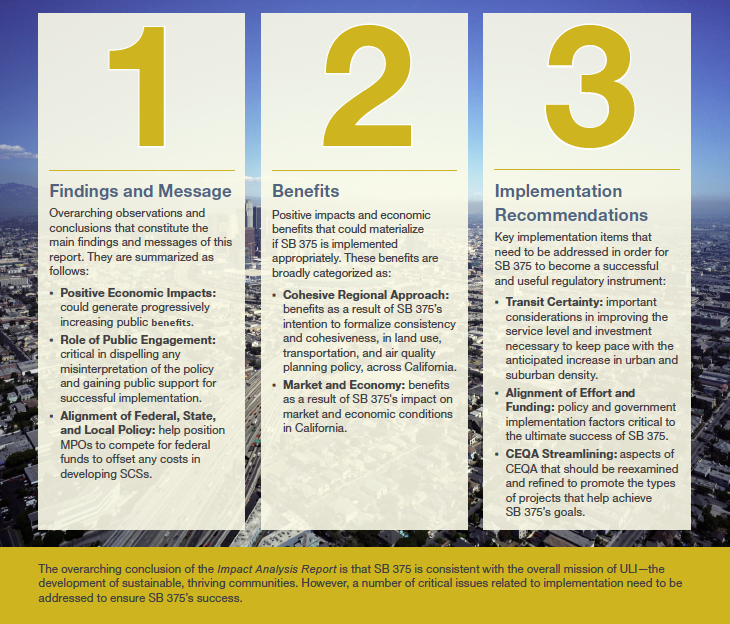

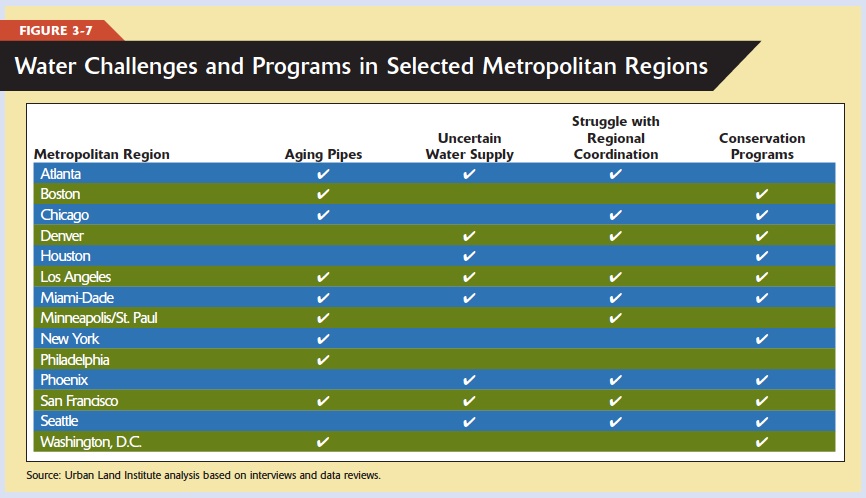

 RSS Feed
RSS Feed